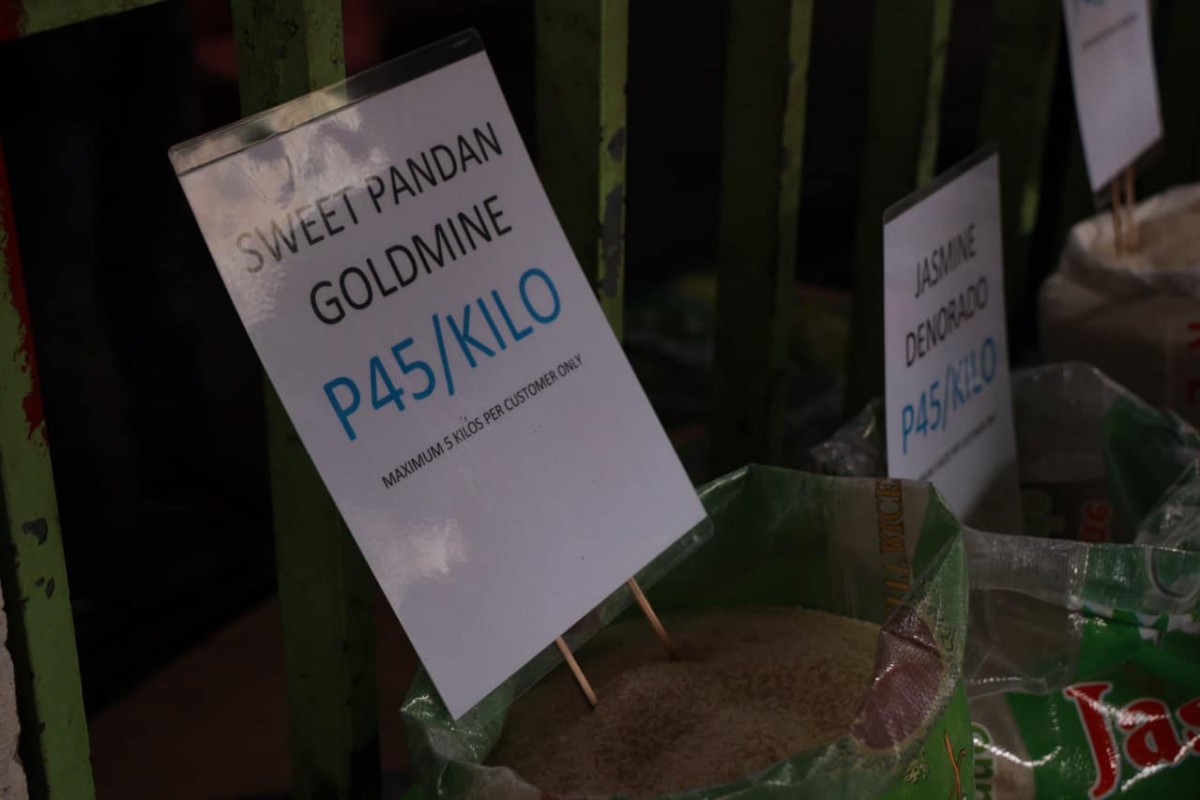A price ceiling is a government-imposed limit on the maximum price that can be charged for a particular good or service.
It is designed to protect consumers by preventing prices from rising above a certain level, often during times of crisis or when the government or policymakers believe that prices have become unreasonably high.
Price ceilings are a form of price control, and they are typically set below the equilibrium market price, which is the price that would naturally occur in a competitive market.
Rationale for Price Ceilings
Price ceilings are often implemented to shield consumers from rapidly increasing prices, especially for essential goods and services like food, housing, and healthcare. They aim to ensure that these necessities remain affordable, even in challenging economic conditions.
Price ceilings can be enacted during emergencies, such as natural disasters or pandemics, to prevent price gouging. This practice ensures that critical supplies are accessible to everyone at a reasonable cost.
Setting Price Ceilings
Governments or regulatory authorities establish price ceilings through legislation or executive orders. The designated maximum price can be expressed in various forms, such as a specific dollar amount per unit or as a percentage below the market price.
During times of crisis, governments may impose maximum retail prices on essential goods like food, medical supplies, or face masks to prevent price gouging.
As per Executive Order No. 39 signed by Executive Secretary Lucas Bersamin, the prices of Regular-Milled Rice and Well-Milled Rice are now capped at P41 per kilogram and P45 per kilogram, respectively. Well-Milled rice having higher quality grain or “butil” than Regular-Milled rice and possessing a whiter color profile, among other things.
When Will the Price Ceiling End?
“The mandated price ceilings shall remain in full force and effect unless lifted by the President upon the recommendation of the Price Coordinating Council or the DA and the DTI,” the executive order, which will took effect on Tuesday, September 5, stated. (PIA-NCR)



